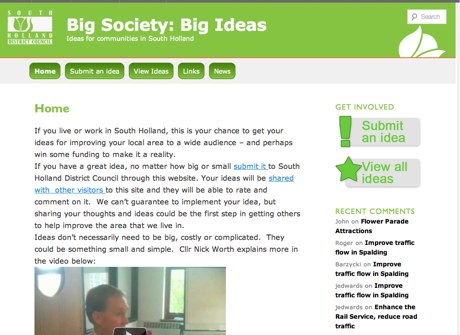Where’s the centre of gravity for conversations about how we can and should be leveraging the digital revolution for the benefit of society through our public services? I think about the flurry of activity when James Plunkett kicked off a debate a few months ago⬈ about ‘local GDS’ or the more recent excitement caused by the publication of Richard Pope’s <a href=“https://anatomyofpublicservices.com/”>Platformland⬈. Going back a few years, Mark Thompson has tried to get conversations going with a number of different analogies, whether Lego⬈, Heart FM, or Tesco⬈.
But these discussions are never sustained, and they never seem to make it past conversations and into ‘test and learn’ (to quote Philippa Newis⬈!) to identify which of these ideas might work better than others.
It feels like an institutional gap that an ‘Institute for Digital Public Services’ would fill. A home for the discussions. A place for convening and curating of ideas and practice. A way to consider the full breadth of public service, from central government to local government, with health and blue light services and everything else in-between.
Most importantly a place where the concepts and the theories can be prototyped, experimented with, and new things learned, with practice being developed and adopted along the way – turning ideas into reality.

